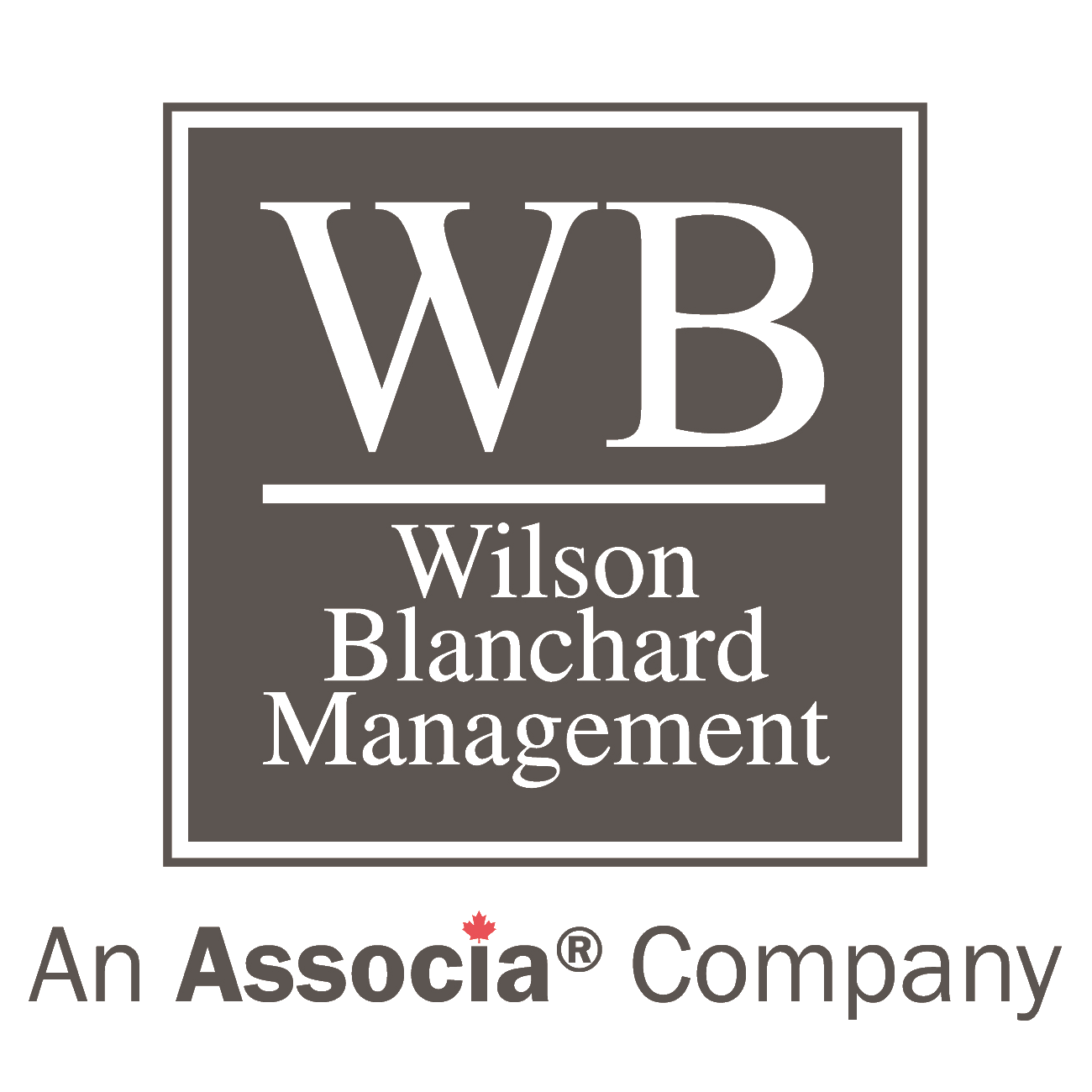Everything Condo Residents Need to Know About Assessments
Residents living in a condominium community appreciate amenities and other benefits, but these features come at a price, paid for by assessments. Those fees are one of the most important factors homebuyers consider before buying into a condominium corporation. Regular payments from residents to their condo, assessments are often discussed in board meetings and around the community, but rarely understood.
At Wilson Blanchard Management, An Associa® Company, we have a long history of assisting boards in developing budgets and helping residents comprehend how their financial contributions impact the community. Read on to learn 13 essential points you, as a condo owner, should know about condominium assessments.
- Assessments are fees you pay to the condominium.
Condo fees are the monthly, quarterly, or yearly dues owners are responsible for paying. These fees are paid to the condominium corporation and contribute to daily operational expenses and reserve funds for future repairs and replacements.
- Assessment might be called something else.
Condo assessments may also be known as monthly assessments, condo fees, or common element fees. Whatever term your condo uses to describe assessments, they generally mean the same thing.
- Assessments go towards the betterment of the community.
Typically, the exact amount of your fees will be directly tied to the size, cost, age, and complexity of your corporation’s shared amenities. What your condo fees cover depends on your community. For some communities, fees may ensure swimming pools, fitness equipment, and other amenities like tennis courts and parks are in top shape. Condo corporations may also use their fees for items such as maintaining lobbies and paying regular maintenance and cleaning.
- Condo fees affect how much lenders will let you borrow.
When borrowing money to purchase a home, lenders will look at potential taxes, insurance, and condo fee payments. These factors may impact your budget and ultimately how much a bank will lend you.
- You’re required to pay assessments if you live in a condo.
After you buy a condominium, you are legally obligated to uphold your end of the deal: paying dues and respecting the rules.
- The condo board of directors calculates your assessments.
A board of directors runs the condominium corporation. These boards consist of volunteer residents, and they’re responsible for setting the annual fee amount. When determining the exact payment required, a board will consider all operating, maintenance, and savings expenses, including things like utilities, vendors, and insurance, among many others. Fee amounts for your condo will also be determined based on their needed reserve fund-money that helps pay for future replacements and repairs.
- Condo fees vary by community.
The fees that your condo charges can vary significantly depending on where you live and what amenities are offered. The average monthly condo fee for a home in a common element corporation may be less than that of a high-rise or standard townhome where condo fees include maintenance of significantly more structural components.
- Your payment amount can change over time.
Your condo’s annual budget directly impacts each individual owner. If, during the budgeting process, a condo board finds that it’s not meeting the expenses required to operate the community, it may need to recalculate assessments for the coming year. Financial aspects like loans, uncollected payments, and low reserves can affect everyone in the community.
- You’re required to pay even if you don’t use the common areas.
Once you move into a condominium, you’re locked into paying the fees regardless of how much you plan on using the shared amenities. Ask about required condo fee payments before buying a home to get a better understanding of what is and isn’t included with those payments.
- You can be penalized for nonpayment.
When your condo requests an assessment payment, you’re legally required to pay it. In some extreme circumstances, it’s conceivable that a condo corporation will place a lien on your property to collect a back payment.
- Developers might not pay assessments. Board members, like all other condo residents, do.
In a new development, it’s not uncommon for the developer to draft documents so that it’s exempt from paying regular assessments. Rather, the developer assumes the responsibility for funding the budget until there are enough residents paying assessments to cover the condo’s expenses and transition to homeowner control.
Board members under a homeowner-controlled board, like all other residents, are required to pay regular assessments.
- Special assessments are for an unexpected expense.
Occasionally, a special assessment is needed to pay for an unexpected cost. This could be an increase in insurance or a surprise repair bill for a pool or clubhouse. In these cases, the board has the option to pass a special assessment to cover the additional costs.
Special assessments are almost always tied to direct cost. How your board divides that cost is based on the governing documents.
- Typically, assessments aren’t tax-deductible.
If your condominium is your primary residence and you’re required to pay regular condo fees, you cannot deduct the fees from your taxes. However, if you purchase or use the property as a rental property, then the CRA may allow you to deduct condo fees.
